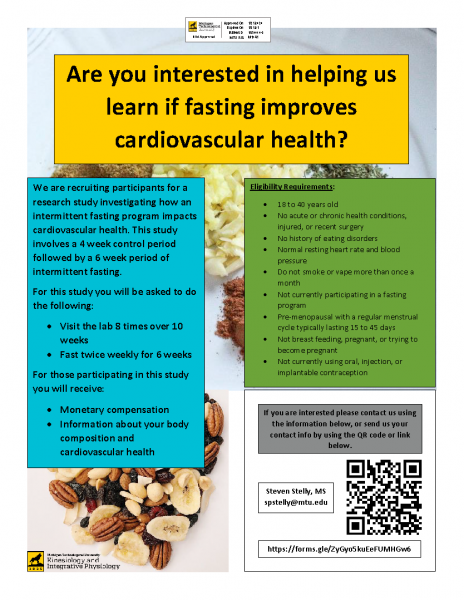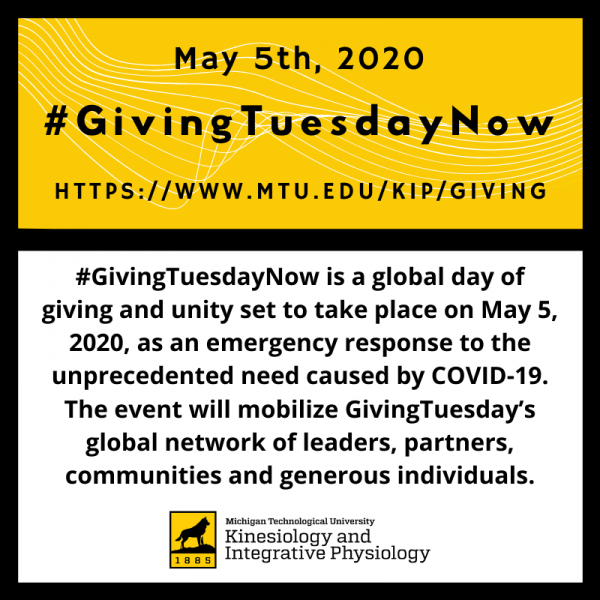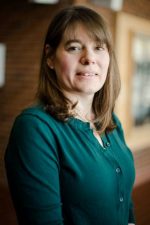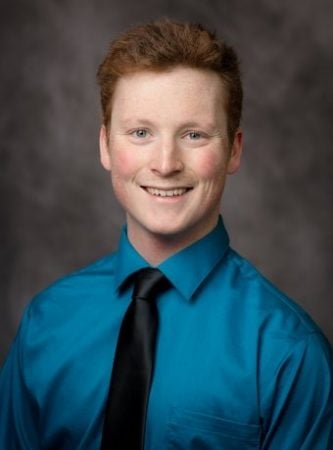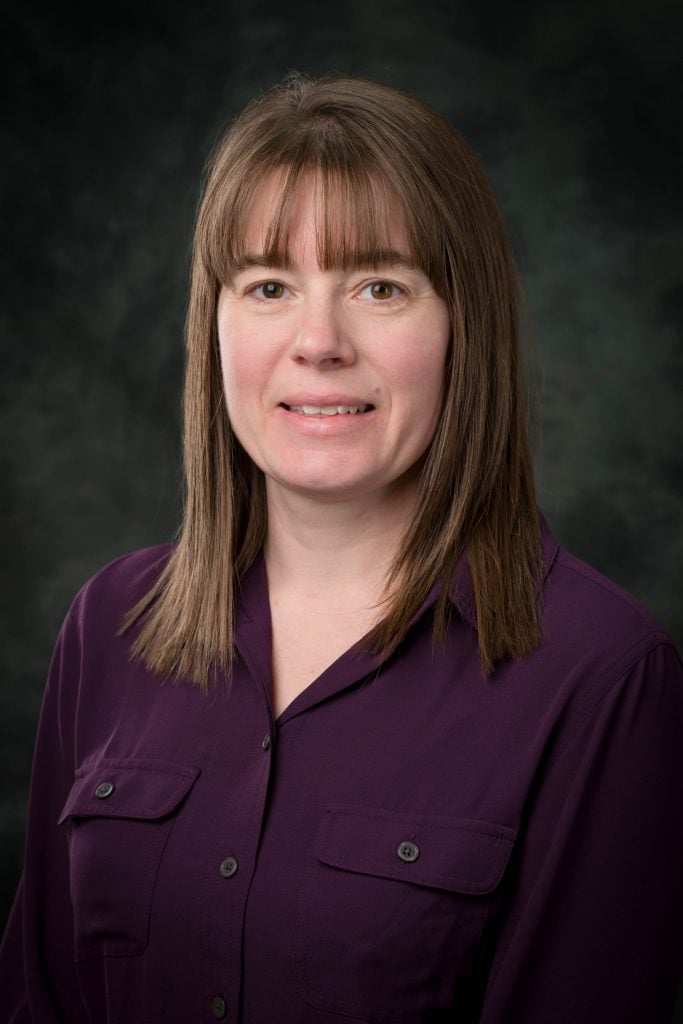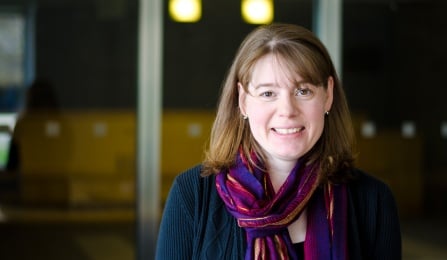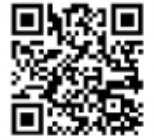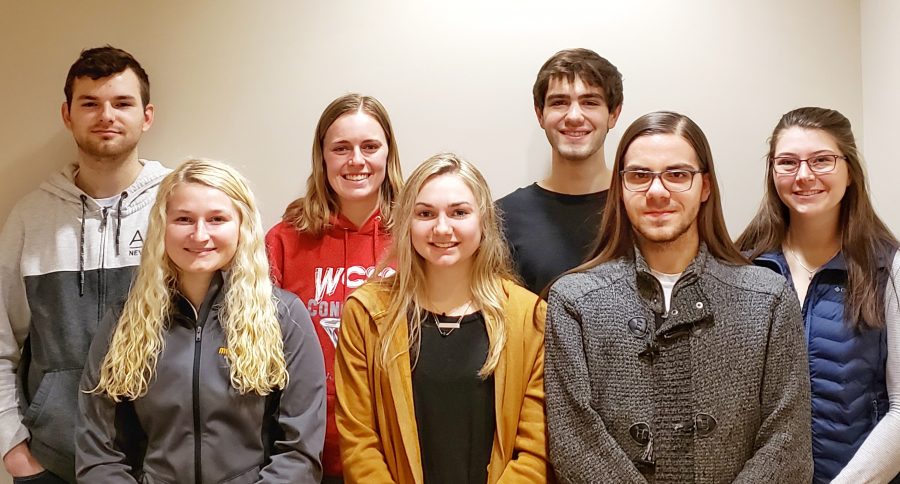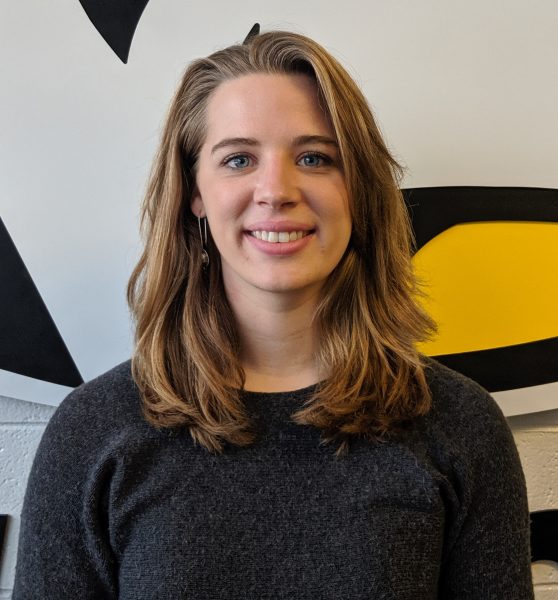A research study being conducted in the Department of Kinesiology and Integrative Physiology at Michigan Tech is re-starting data collection in accordance with Michigan Tech’s re-opening.
If you are interested in learning more about this research study and to see if you are eligible to participate, then please either contact Steven Stelly or provide your information for us to contact you at the following link.
Please know that we are employing an abundance of precaution to mitigate any risks associated with the current COVID-19 pandemic.
